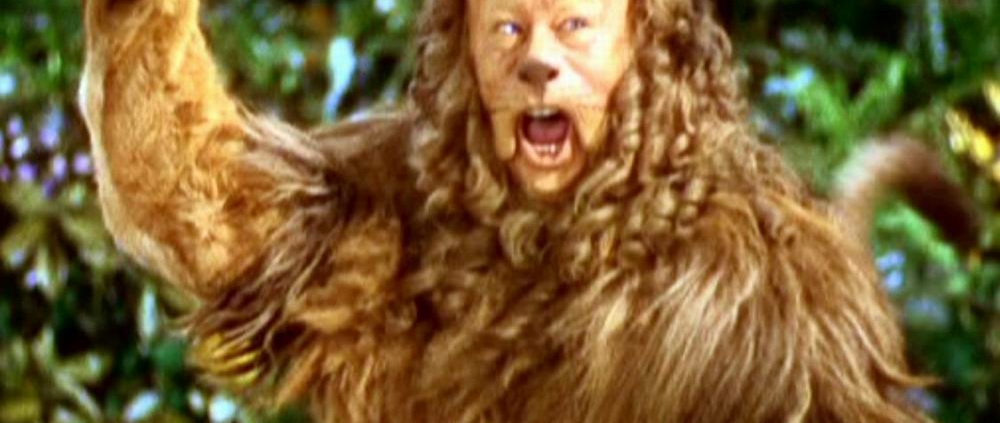When Fright Makes Right
Some fear is healthy (“don’t stand in a busy highway”). Other fear is insidious, paralyzing, hope-draining and soul-snatching – and existential fear can be toxic if left to fester. This week’s Torah portion (Shlach) calls us to see existential fear what it is, and move through it as a core commitment of Judaism.
This week we learn why the Children of Israel wandered 40 years in the desert: they were too afraid to enter the Land of Promise. Arriving at its doorstep after crossing the desert from Egypt, Moses sent scouts to survey the Land. The scouts returned with a tale of woe: compared to the Land’s inhabitants, “We were as grasshoppers in our own eyes, and so we were in their eyes” (Num. 13:33).
As they were to themselves, so they felt to others. As they felt themselves too small and feeble, so they became.
Despite countless miracles of liberation, the generation of Egyptian slavery freed from physical shackles still remained spiritually shackled by clutching fear like chains. Too afraid and thus too small, they were returned to the desert to wander 40 years until a new generation came of age to try again. Fear became fatal.
*
The call to cultivate courage amidst fear – not to pretend fear away but to transcend fear – is a core value of human flourishing. It’s human to fear, and it’s spiritual to cultivate a self-concept of faith and inner strength able to manifest courage amidst fear. Courage is a Jewish secret to survive and even thrive amidst the outer and inner perils of life.
Of course, a universal truth isn’t Jewish alone. Plato said, “We can easily forgive a child afraid of the dark: the real tragedy of life is when we are afraid of the light.” Buddhist sage Thich Nhat Hanh said, “Fear keeps us focused on the past or worried about the future. If we can acknowledge our fear, we can realize that right now we are okay. Right now, today, we are still alive…. Our eyes can still see the beautiful sky. Our ears can still hear the voices of our loved ones.” Franklin Delano Roosevelt famously put it more pithily: “The only thing we have to fear is fear itself.”
The question is not whether we will fear: of course we will fear! Rather, the question is how we face fear so that fright can make right. Torah offers this story of the scouts to help call existential fear by name. Torah also offers, on this story’s heels, the practice of tzitzit (Num. 15:37-41) — ancient fringes of holy blue on our outer garments — so that their sight can rivet our focus when fear and distraction shrink us from our highest selves.
Courage isn’t the absence of fear but an inner and then outer response to fear. Find those places within where you feel most scared and small. Don’t shrink from them, and don’t let them shrink you.
R’ David Evan Markus






 Evan J. Krame was ordained as a rabbi by the
Evan J. Krame was ordained as a rabbi by the